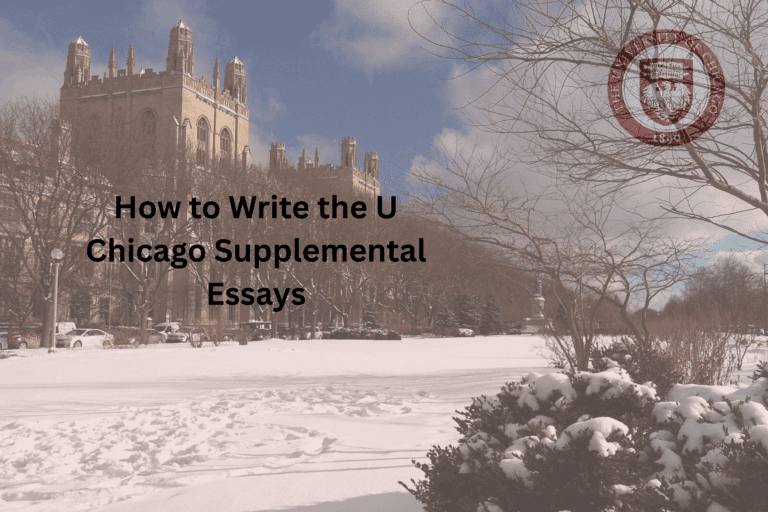
Most colleges expect you to demonstrate critical thinking skills in numerous ways. The simple reason: they are looking at crafting a well-informed community. A typical classroom environment in the US and UK involves engaging in discussions filled with perspectives and counter-perspectives. Moreover, tons of student clubs and organizations drive the campus spirit.
Keeping this in mind, your reading skills are crucial in several ways :
Recommendation Letters
Believe it or not, your reading habits can land you a great recommendation letter. Being a reader makes you a holistic learner. It gives you the advantage of making informed class contributions to group discussions and delivering thought-provoking presentations. On the other hand, sticking to syllabus texts is unlikely to help you develop a 360 understanding of the subject matter.
Note: Most schools will allow students to submit a brag sheet or a résumé, as a compilation of their extra-curricular activities. Use this opportunity to talk about your reading (and watching) habits. Address how you have explored the breadth and depth of a subject dear to you.
Standardized Testing
Readers test better than non-readers. The ACT and SAT both involve skimming and scanning techniques to crack the exam. Most students perform well in the Math section but are unable to achieve a similar score in the Reading Section. Since reading skills develop over time, it is no wonder that students find themselves stressed about this section. This often negatively impacts their performance in such fast-paced exams, thereby emphasizing the need to be a regular reader.
College Interviews
More often than not, you will be asked to talk about the latest book/s you’ve read in your college interview. While most interviewers would offer you the option to comment on a book you’ve studied in school, they would rather have you talk about one you’ve read purely for joy or to advance your knowledge of a particular topic. This is your chance to flaunt your reading skills. Focus on key takeaways of this book and talk about how you related to it. They aren’t looking for a Google-able summary, but want to know what you made of this reading opportunity.
Supplemental Essays
An increasing number of universities are focusing on reading skills in their admissions processes. The most obvious way is to ask a supplemental essay question on your reading habits. Columbia University’s famous ‘list questions’ require you to talk about a range of books, journals, poetry, and plays from within and outside of your syllabus. Emory University asks you to talk about a ‘book, character, song, or piece of work (fiction or non-fiction)’ that represents you the best.
Interviewers with access to your essays with definitely want to know more about these reading choices. You can certainly expect follow-up questions!
Additionally, nearly all colleges will ask you to write a ‘why this major’ essay. You’ve spent hours inside and outside of school studying related subject areas, but that is hardly a distinguishing factor. On the other hand, reading a book will expose you to out-of-the-box perspectives or would have challenged existing belief systems. Feel free to talk about how a book inspired and directed you toward your major as a hook to your essay.
Core Curriculum
Many liberal arts colleges in the US have a Core Curriculum, that asks students to make ethical and philosophical considerations. As an applicant, you need to show how your understanding stretches beyond the obvious black and white. Making interdisciplinary connections in interviews and essays substantiates your genuine interest in learning, often labeling you as a stronger applicant who will add incredible value to the college rejection community.
Tips to build your reading habits
Assess your Reading Habits
While unheard of, formally assessing your reading habits is the first step to becoming a better reader. If you’re a ‘speed’ reader, you will do well on the standardized tests; but may not necessarily flourish in your IB/A level English exams. If you’re a ‘slow’ reader, you are more likely to engage in deep reading, annotating as you read sentence by sentence. To get into the Top Tier Universities, you need to be able to do both.
Read what you like
Start by reading what you like. A combination of classics and contemporary texts is sure to spike your curiosity about the subject. Then, move on to reading journals, news articles, and research papers. Engage in a variety of texts, forms, and genres. Make your reading holistic.
Become a Critical Reader
Reading is about what’s on the page; critical reading is about what’s not on the page. To become an effective reader, one needs to understand the implied meaning and implications of the text. Explore cultural, historical, and biographical contexts to go beyond the literal understanding of the literary/non-literary work.
Readers build Readers
Join forums and groups. Take an active part in discussions, and you are sure to find books aligned with your interests.
Maintain Variety
It’s important to engage in fiction and nonfiction works. That way, you’re exposed to a wide range of jargon and registers. This will most definitely translate into your own writing skills.
Write More, Ask More
Those who translate their understanding of a book into a summary or ask questions are more likely to be effective readers. Because as Stephen King said, “If you don’t have time to read, you don’t have time (or the tools) to write.”
In short, reading habits can make or break your application to a university in several ways. The advantages are many; the disadvantages, are none!
Embark on a transformative higher education journey and elevate your path to academic success with the expert guidance and personalized support of an Ivy Central college counselor.






